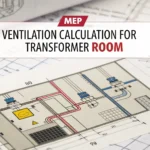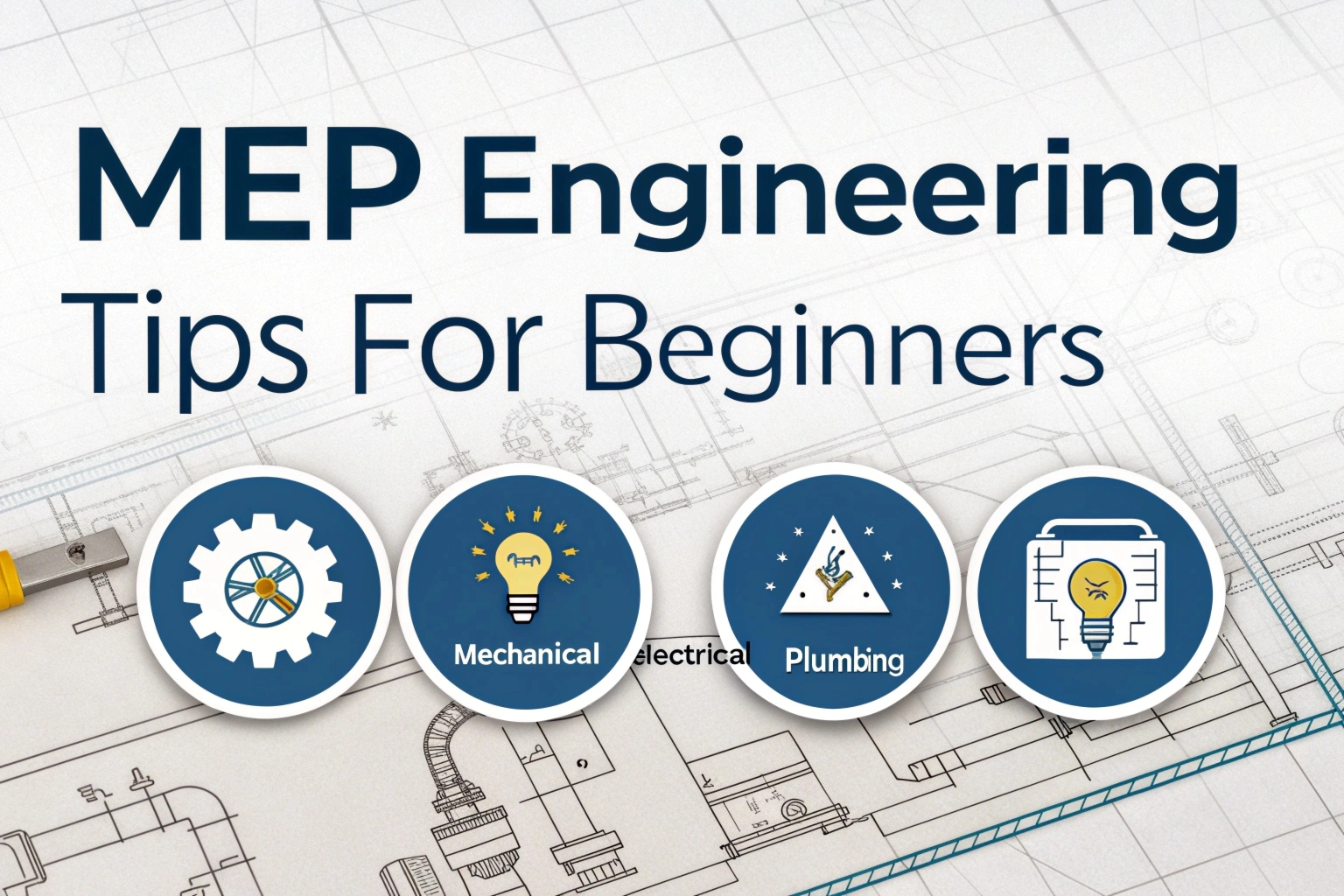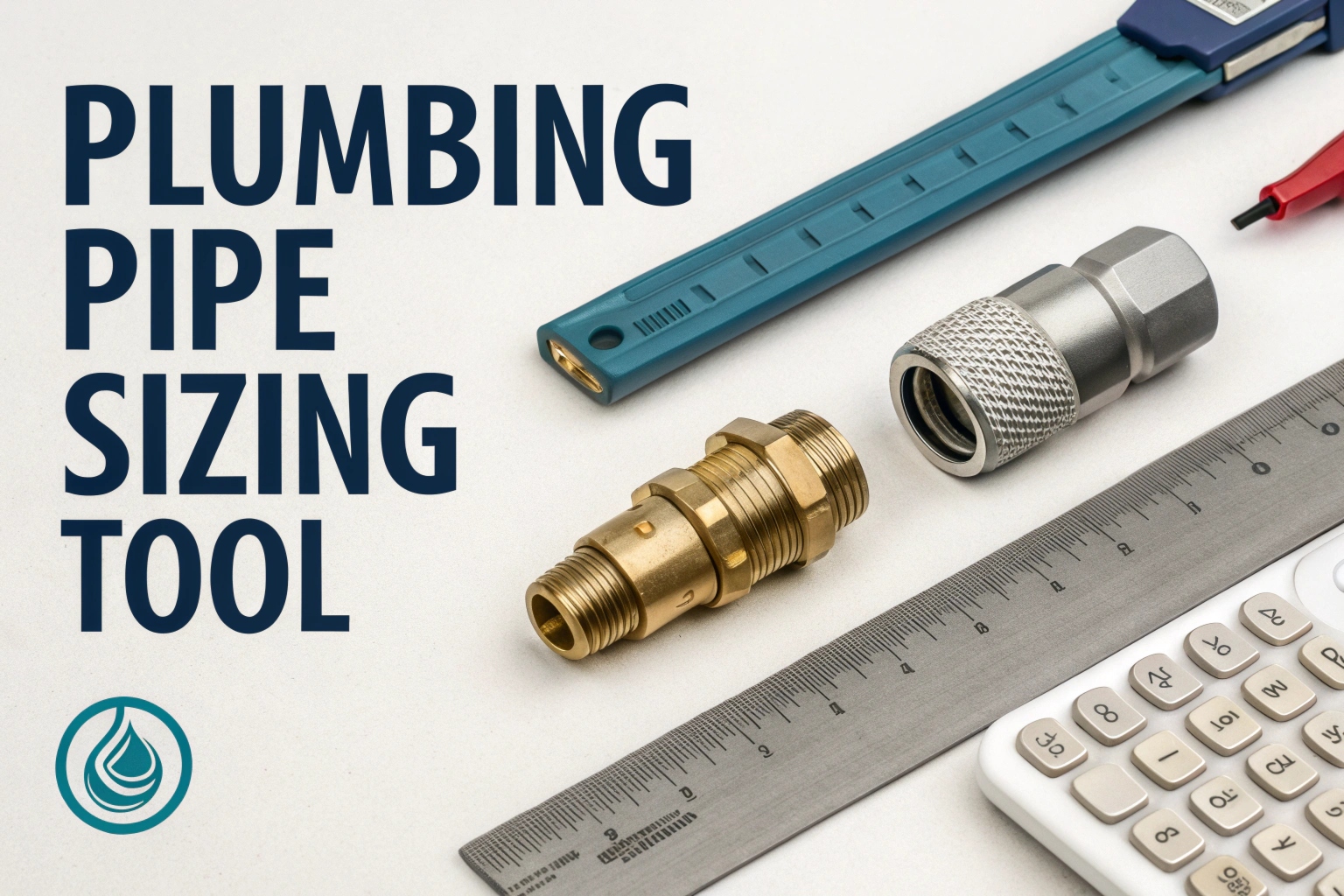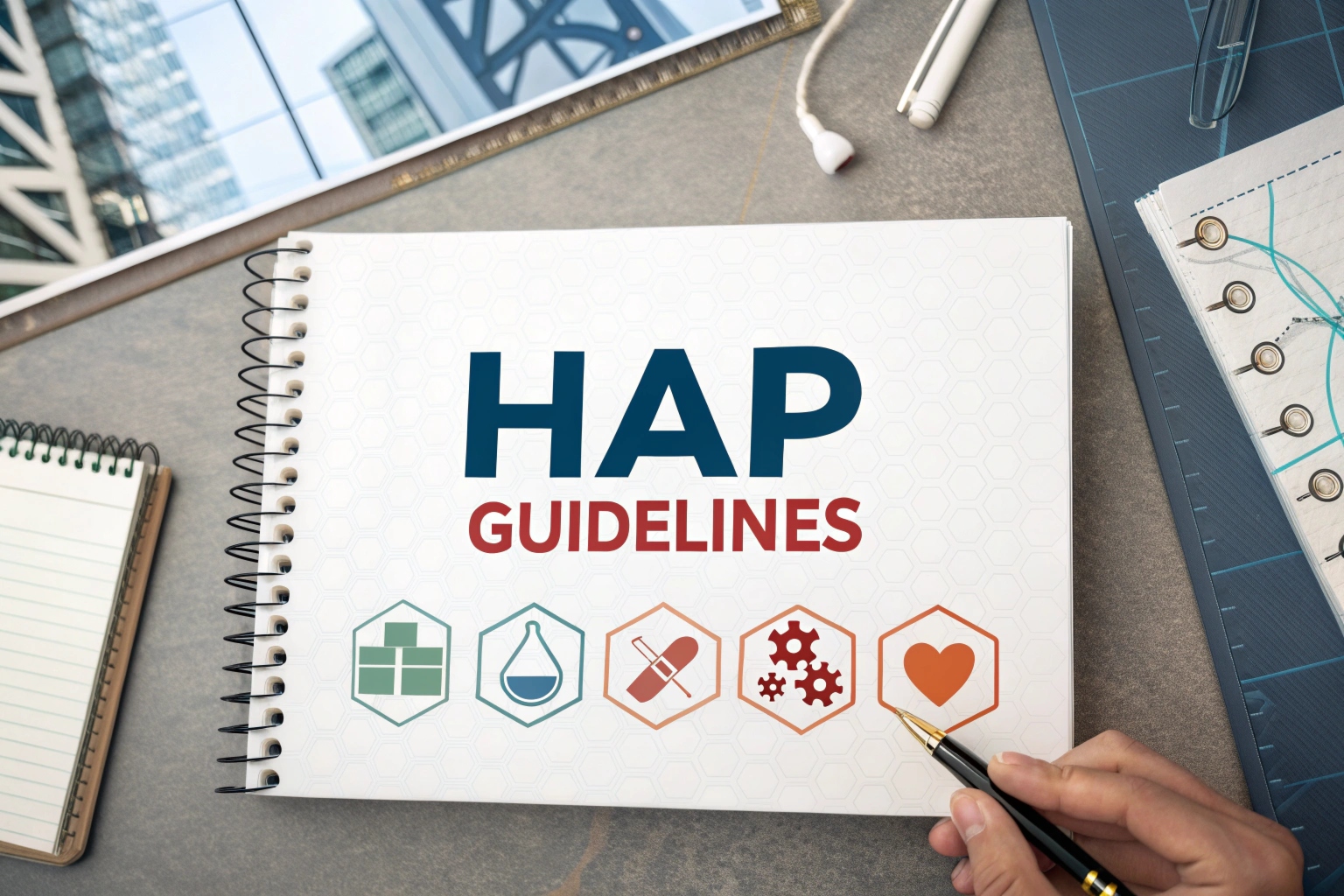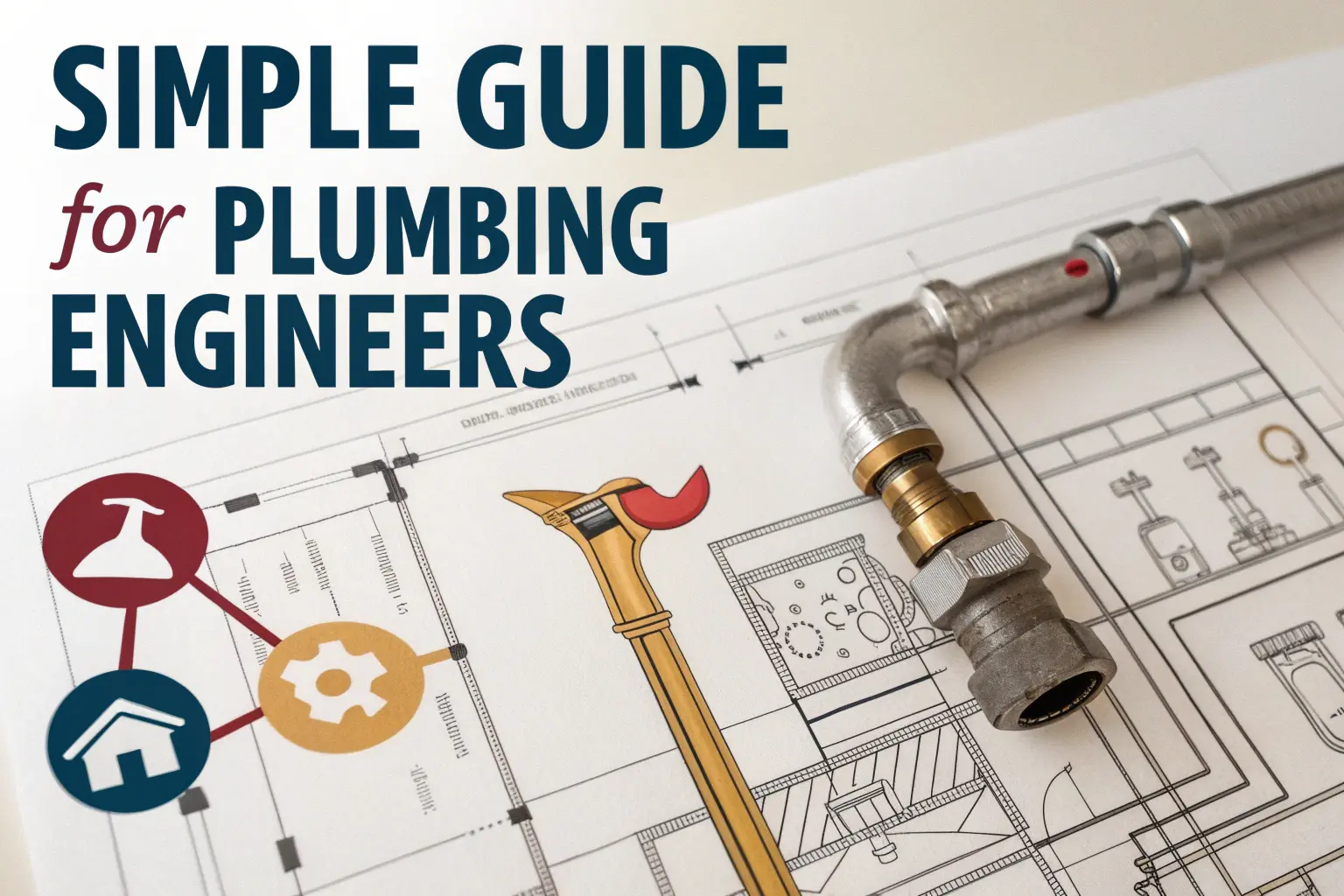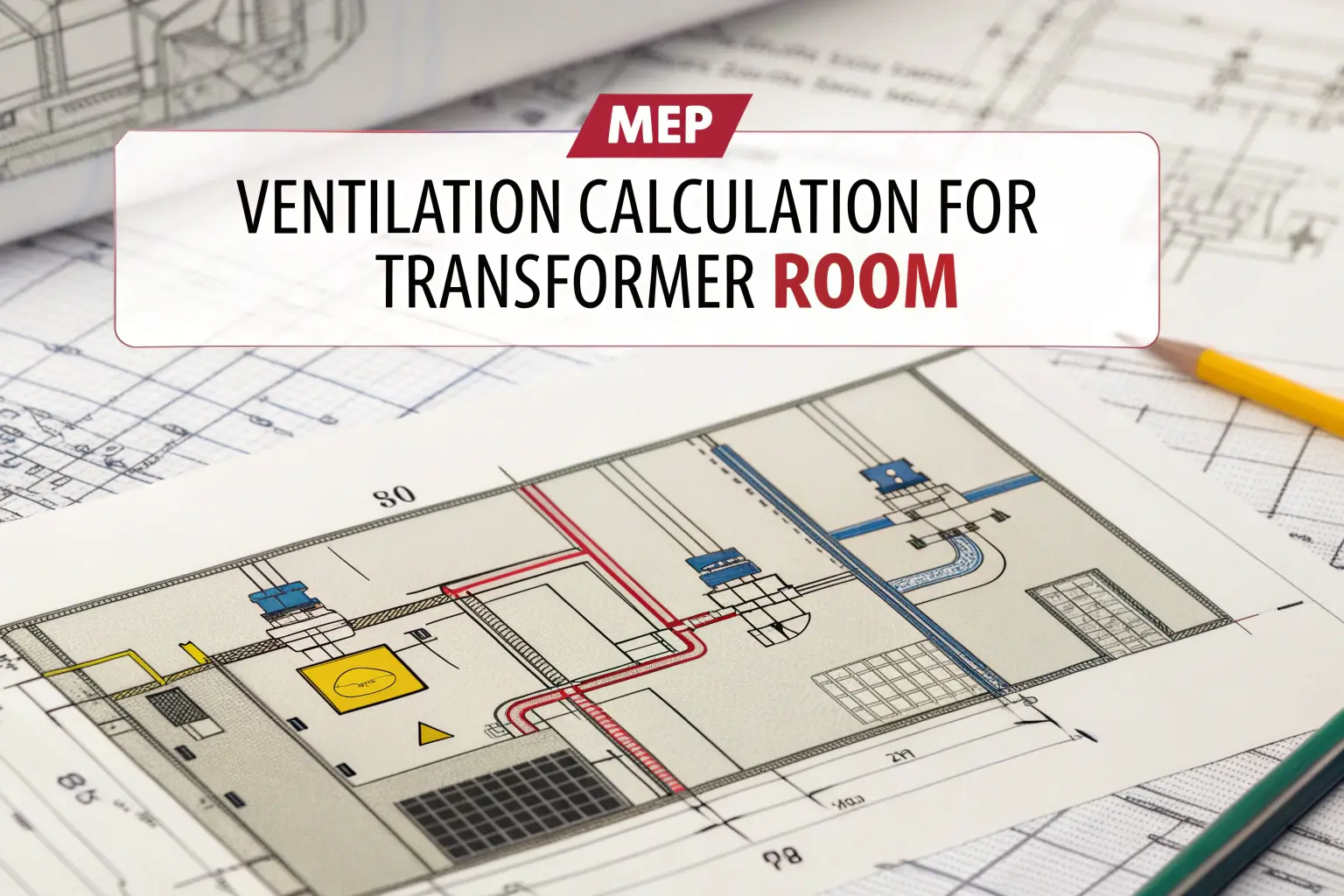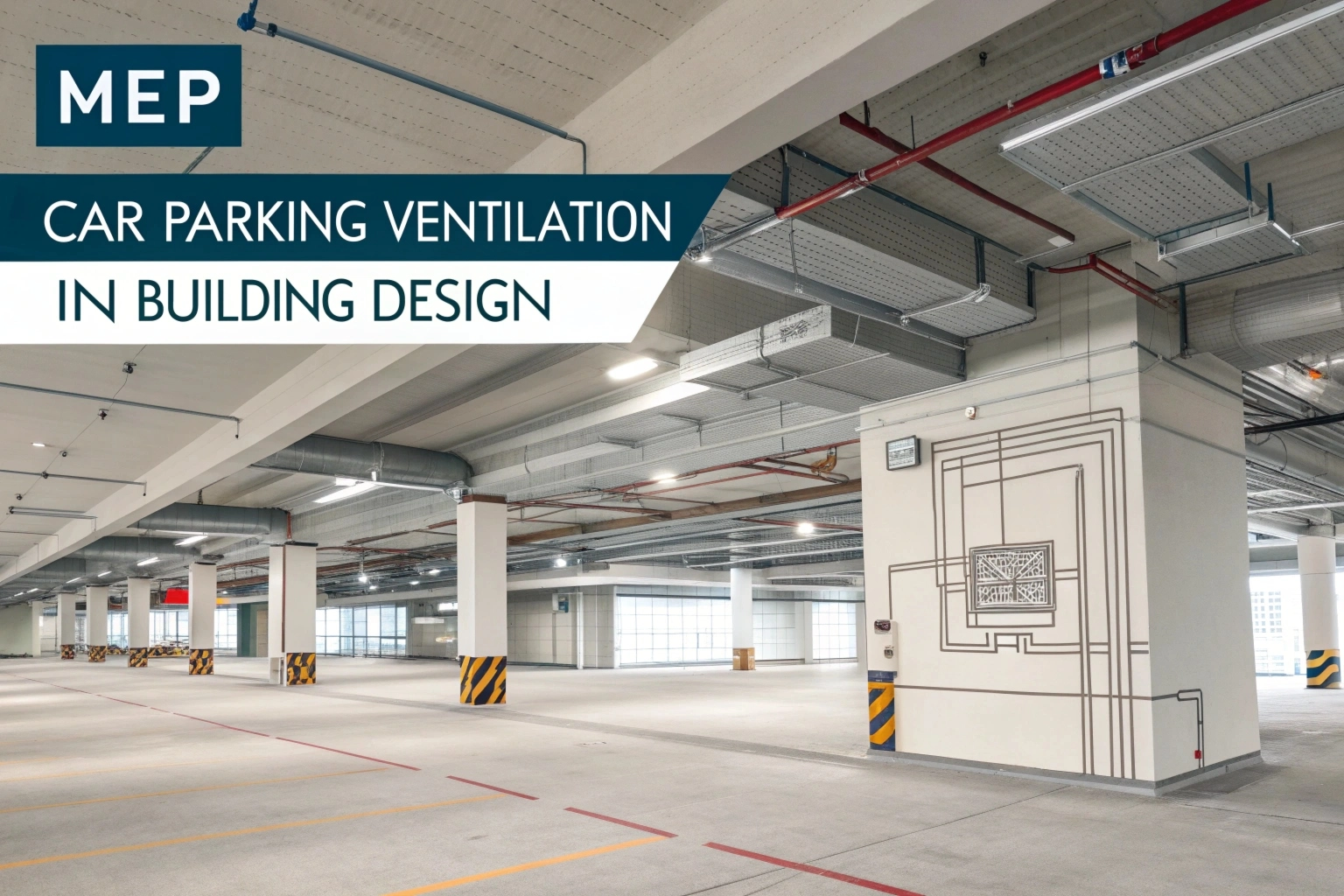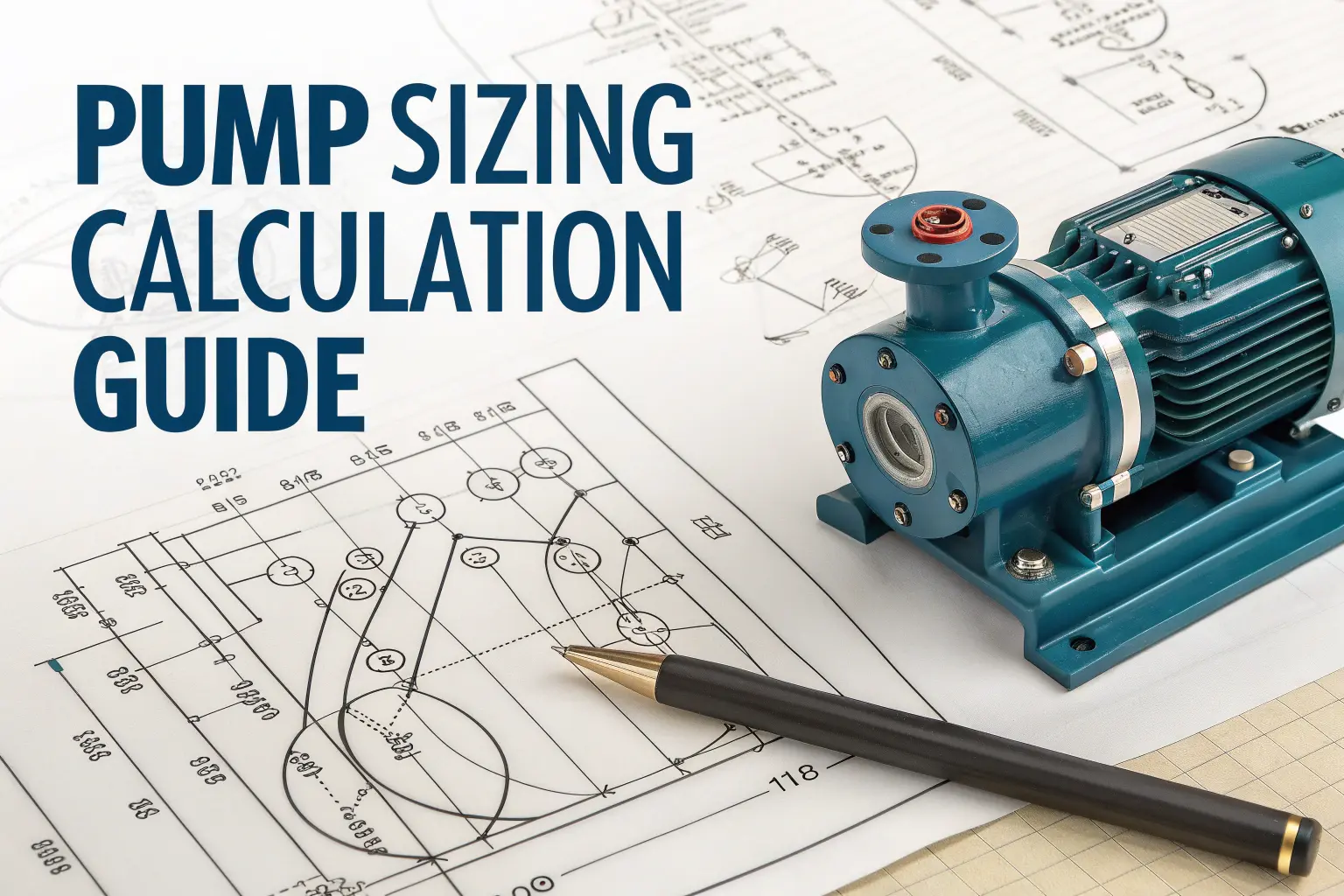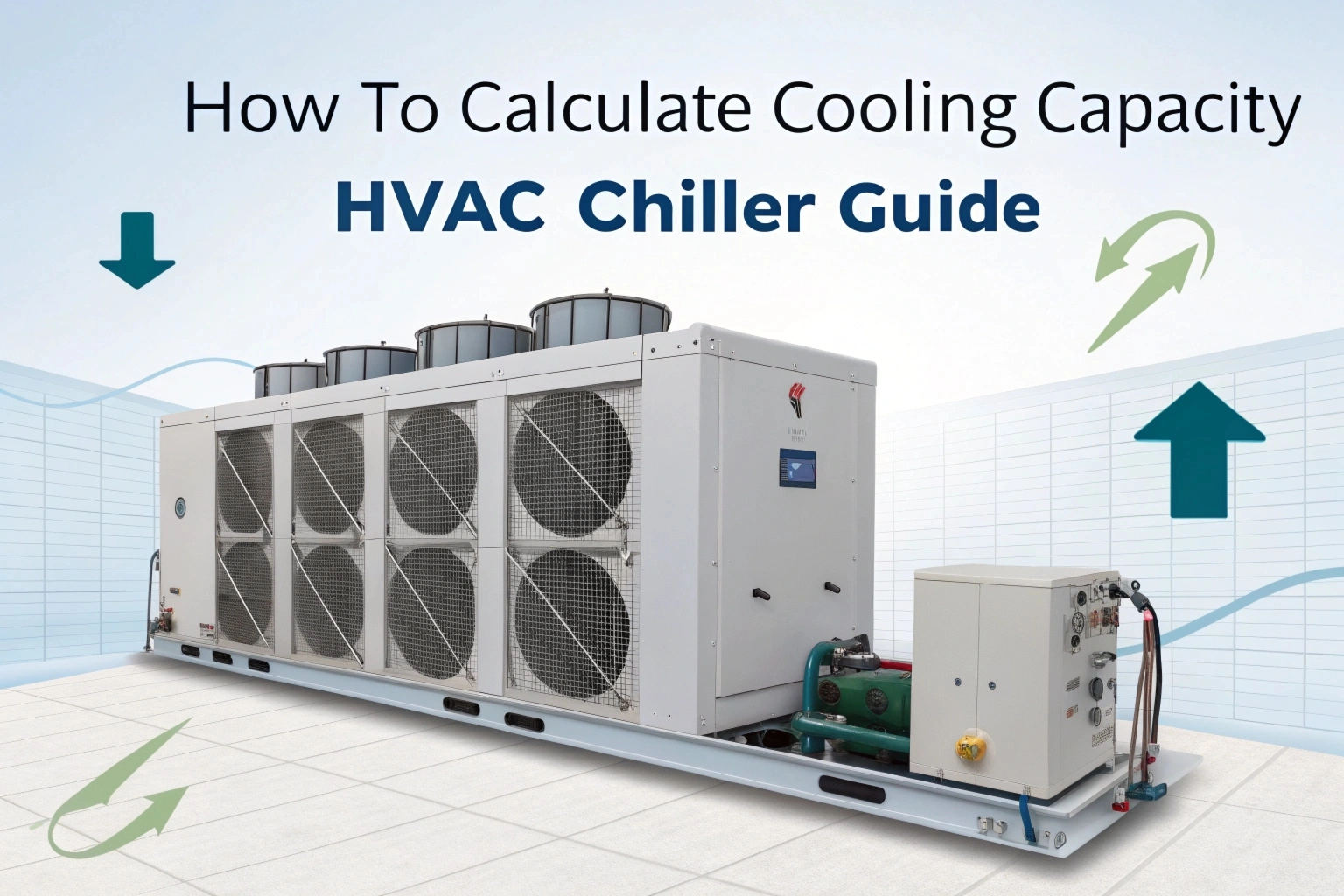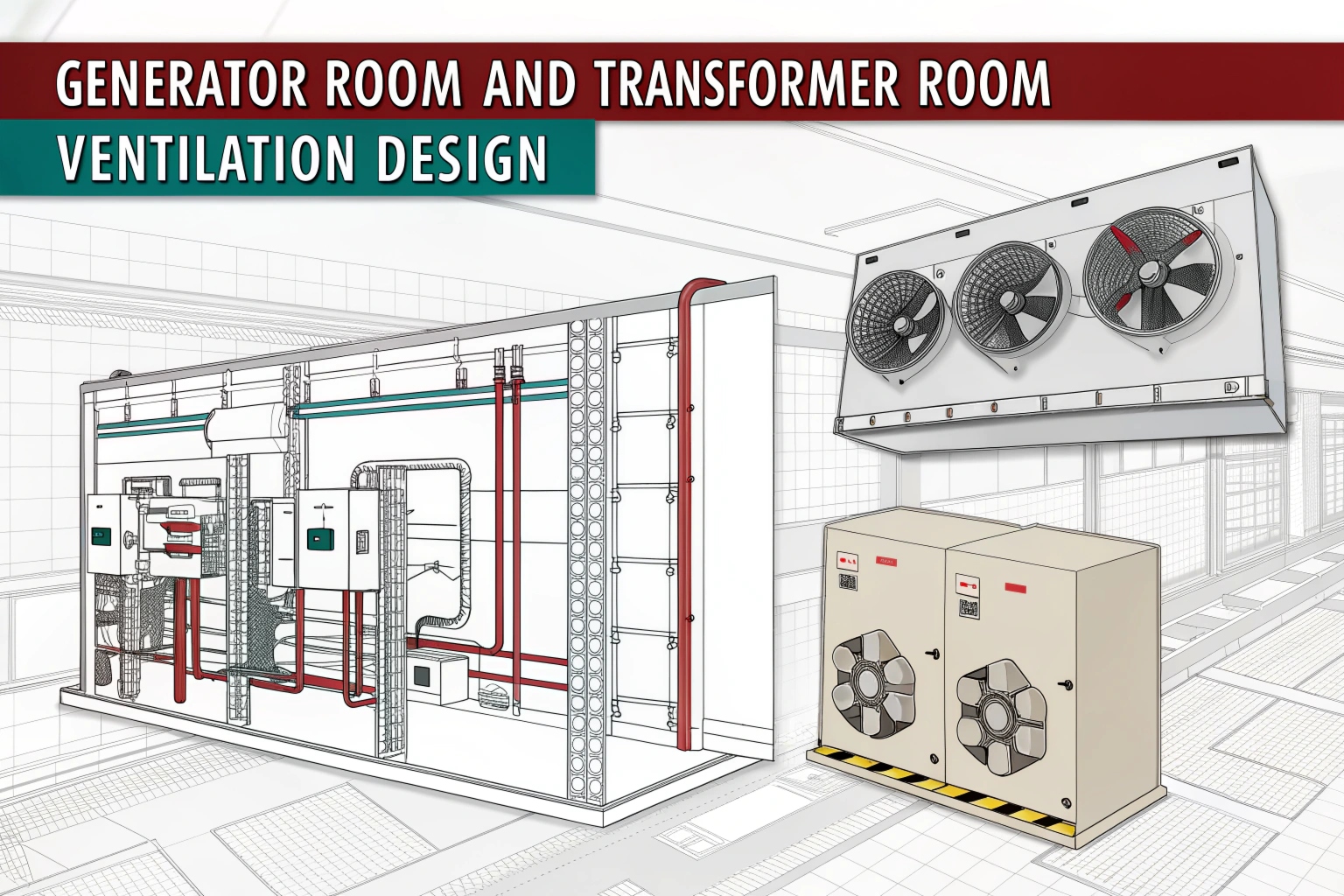solar panels without battery
More people choose to use solar panels without batteries for the dual purposes of economic simplicity and efficiency. The number of solar panels that operate independently remains a question until an answer emerges. I will explain solar panel operation without batteries in this article while discussing system-related factors and implementation considerations. The guide serves as an entry-level resource that assists you in making solar choices according to your requirements.
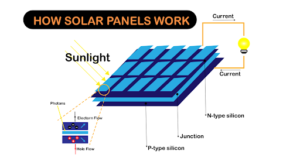
Can solar panels work without a battery?
Live power generation from solar panels continues to function even in battery-less operations. The devices produce power throughout daylight hours because sunlight is accessible. Solar power directly powers all types of appliances and illumination equipment. At night, when the weather is cloudy, the system will stop producing power without backup capabilities. The grid-tied system represents this kind of solar power setup, which functions regularly in dependable electricity grid networks.
How Many Panels Do You Need Without a Battery?
The required number of solar panels to operate without battery backup depends on your daily energy consumption needs. The energy measurement of your home at 5 kWh each day would require 6 to 8 solar panels to generate power based on their hourly production of about 300 watts. The system output relies on both sunshine availability and panel efficiency as well as actual power consumption. The system performance remains smooth when you choose a power system size that matches your daily energy requirements.

What Affects the Number of Panels Needed?
Multiple elements determine the number of solar panels you require without a battery installation. The factors determining your solar panel needs include the dimensions of your house together with panel wattage specifications, solar illumination in your location, and daily appliance operation times. You only need a few solar panels to power your home if your electricity is used only during daylight hours. Using the same setup requires continuous power demands to match bigger systems or the inclusion of batteries for uninterrupted operation.
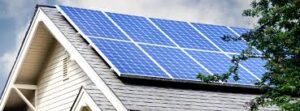
Benefits of Using Solar Panels Without Battery
Solar panel systems without batteries bring various operational benefits to users. Batteries and their maintenance costs become unnecessary when you install these solar systems, therefore making them inexpensive. Solar panels with and without batteries have less installation complexity and reduced part difficulty. People who stay indoors during daytime hours alongside those who rely on daytime power consumption should consider this affordable setup.
Should You Add a Battery Later?
You can begin solar power usage without batteries and make future battery installation possible at any time. Most people start with connected solar panel systems and save for battery backups until they want power backup during outages. A semantic solution exists to prepare your inverter system and wiring before adding battery installations later to prevent increased costs.
Conclusion:
The correct number of panels without battery needs assessment is based on daily power usage and your location together with energy habits. This system provides an economical solution to manage electric consumption for people who use power during daylight hours. Solar energy proves to be an ideal green future solution whether paired with battery storage or not.
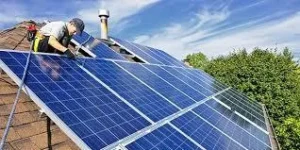
FAQs
- Can I run my home on solar panels without battery backup?
Yes, but only during the day when there is sunlight. - What happens at night without a battery?
You won’t have power unless you’re connected to the grid. - Are solar systems without batteries cheaper?
Yes, they are much more affordable and simpler to install. - Can I add a battery later to my solar system?
Absolutely. Many systems are battery-ready for future upgrades. - Is a battery-free system good for all homes?
It depends on your power usage and if you need electricity at night.
Expand your knowledge today! Read our next blog post here!





